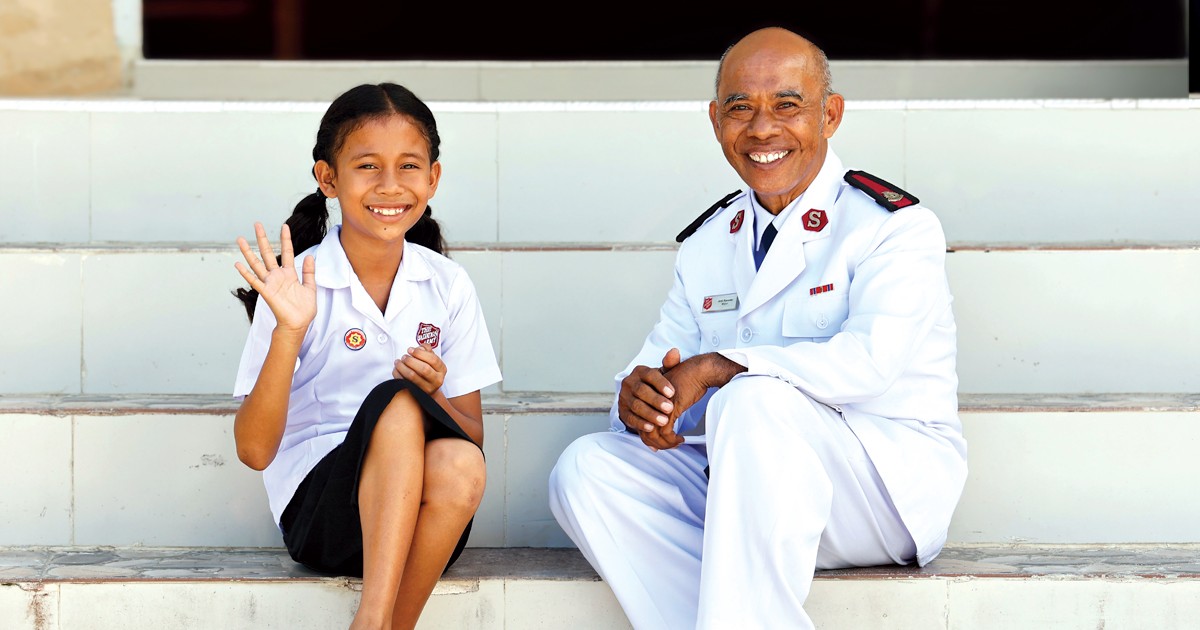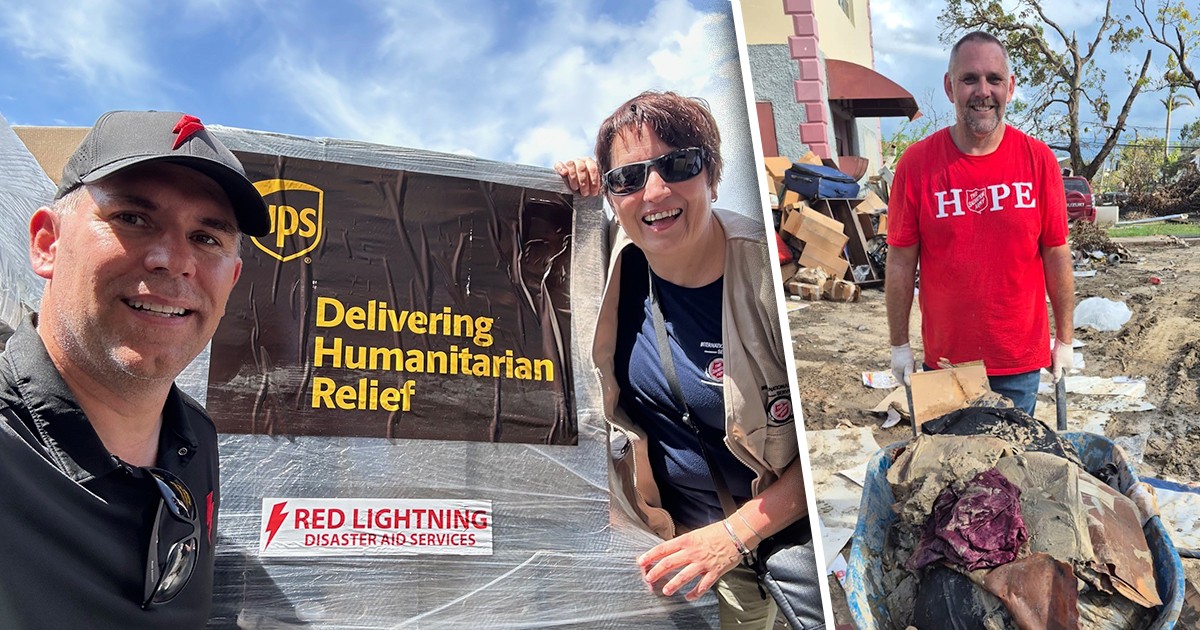 The feature below, which first appeared in Pipelinemagazine, published by the Australia Eastern Territory, gives an example of one of the many ways in which The Salvation Army is tackling this worldwide issue.
The feature below, which first appeared in Pipelinemagazine, published by the Australia Eastern Territory, gives an example of one of the many ways in which The Salvation Army is tackling this worldwide issue.
According to the United Nations, US$31.6 billion of profit is extracted from 12.3 million people in forced labour every year. Approximately two million of these people are the victims of human trafficking, with 80 per cent of them being women and children.
The UN reports that people are trafficked from 127 countries and are exploited in 137 nations around the world. People are trafficked for the purpose of forced labour, slavery, and sexual servitude. Many are in debt bondage – forced to pay off debts their employers say they owe. These types of abuse can occur in workplaces, in private homes and through marriage.
The Salvation Army is a key international player in the global movement against slavery as it cares for victims, advocates for policy reform and raises awareness of how local communities can join the effort.
In Sydney, Australia, The Salvation Army's Safe-House for Trafficked Women opened its doors at the beginning of 2008 as a 10-bed refuge where victims could receive the support and services they needed to pursue their human rights. Since then, the service has expanded to include a growing number of non-residential clients – men, women and young people who are supported as they rebuild their lives.
Jenny Stanger is supervisor of the safe-house. She explains that clients have complex legal and social needs throughout this process. 'Salvos Legal [a free legal service for people who cannot afford to pay] is our main partner and offers a comprehensive legal service that complements our social service,' she says. 'This includes criminal, migration and family matters that may need to be dealt with both in Australia and the client's home country. If we can succeed for clients legally, including getting victim compensation, back wages or other civil remedies, it can give them a good footing for the future.'

Jenny believes that slavery in Australia is more common than most people could imagine and is something that can happen to anyone who is vulnerable. 'We should be taking the broadest view possible so that our response catches people who would otherwise fall through the cracks,' she adds. 'It's about reducing people's vulnerabilities and ensuring their basic human rights are protected.'
Agriculture, construction, hospitality, mining, maritime services, manufacturing, health care, restaurants, domestic services, sex services, forced and slave-like marriages are just some of the contexts where serious exploitation has been uncovered.
The Salvation Army Safe-House is almost entirely funded by the Red Shield Appeal, which seeks donations from the public. The safe-house also receives critical donations and assistance from individuals and community groups.
The Zonta District 24 sponsors mental health needs of clients, the Rotary Club of Campsie has constructed a beautiful roof-top garden at the safe-house, and other clubs have donated quality clothing. Individuals have also donated goods in-kind and raised money through community events.
Jenny emphasises the need for cash donations and gift cards so clients can choose and purchase items for themselves, as well as for the safe-house. 'It's really about the community stepping up and taking action to help,' she explains. 'Ultimately, I'd like for community members and companies to sponsor each of our 10 rooms on an annual basis.'
Dedicated volunteers have mentored clients, and provided job-seeking assistance and avenues for skills development and socialising. This support is critical for the clients of the service. The vast majority of them just want safety and acceptance in the community and the opportunity to contribute to society.
'Practically speaking, our clients are all super-motivated to work,' says Jenny, who encourages people to make donations to the centre, offer jobs to clients or act as a mentor. 'They just want what we all want; an opportunity to take care of their families.'
The safe-house staff also work with The Salvation Army in the countries of origin of their clients. 'There may be safety issues for the families left behind, with traffickers or agents returning and making threats,' Jenny explains. 'So we tap into the strength of The Salvation Army worldwide to help client families stay safe and well. That is part of being holistic in our view of the person we are working with. Our work has always been simultaneously local, national and international.'
It is easy for the average person to feel overwhelmed by the breadth and complexity of the millions of people caught up in the web of slavery and human trafficking around the world today.
'Twelve million people [in forced labour] and $30 billion [profits from slavery] are minuscule numbers relative to the global population and the global economy,' Jenny says. 'We know much more now than we did when I started this journey 13 years ago. I don't let the statistics deter me. I'm just going to keep on working.'










Leave a Comment